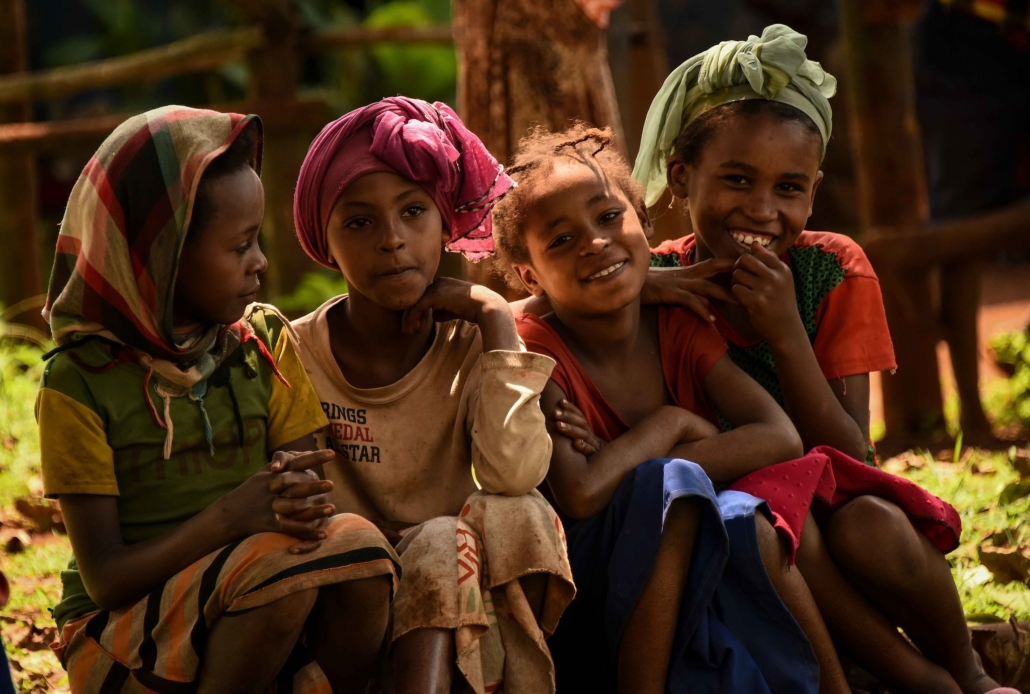7 Facts About the Rising Genocide in Ethiopia

Over 3 million people have had to move due to ethnically motivated attacks. Some people have burned churches and there have been many recent deaths in ethnic-based conflicts. If these conflicts do not stop soon, a horrific genocide in Ethiopia could ensue. Here are some facts about the rising genocide in Ethiopia.
7 Facts About the Rising Genocide in Ethiopia
- Ethnic and Religious-Based Conflicts: Multiple ethnic groups, including Oromo extremists who want to take back the power others have historically denied them, have been starting ethnic and religious-based conflicts. There has been a long history of ethnic conflicts in Ethiopia. These conflicts include opposition between the Oromo people and Amarah people and the Oromo and the Gedeo people. Additionally, the Tigrean people have had more control over the government resulting in a long and complex history. The Oromo extremists’ acts of violence attempt to eradicate anything resembling the Ethiopian Empire including Christianity (a religion that has a long history in Ethiopia). People are burning Ethiopian Orthodox Tewahedo Churches to the ground due to these conflicts. The Crisis Group, an organization that seeks to reduce conflicts worldwide, urges the Ethiopian prime minister (Abiy Ahamed Ali) to, “govern more inclusively, working to collaboratively with state institutions on reforms and involving civil society in reconciliation efforts.”
- Violence from the Conflicts: Recently, there has been a rise in ethnic and religious clashes in Ethiopia. On October 23, 2019, during a protest, ethnic and religious-based violence broke out and killed up to 78 people in the Oromia region of Ethiopia. Authorities arrested 409 people who were in connection with the attacks.
- The Role of Fake News: The BBC reported that fake news has aided in spurring these attacks. The entire protest emerged from a false claim that security forces were detaining Jawar Mohammed, the founder of the Oromia Media Network and a renowned anti-government activist with a Facebook following of 1.75 million people. These claims were not true. The Ethiopian Prime Minister has responded to this spreading of fake news by warning of forthcoming tough measures against media organizations fueling conflict. Here is a petition from the Genocide Prevention Department to help prevent more violence. This organization is fighting to hold OMN Media, which is a network that is currently broadcasting the hate propaganda accountable for instigating violence.
- Ethiopia’s Efforts to Prevent Violence: The new governmental changes that have been making strides to peace have intensified ethnic conflicts in Ethiopia. The Tigrean and Oromo people seek to break away from the government because they oppose its recent efforts to bring peace to Ethiopia. These strides towards peace include the Eritrea peace deal which ended a 20-year stalemate following the 1998-2000 border war, freeing thousands of opposition activists from jail and allowing exiled dissidents to return home.
- German Bernhanu and Ignorance: Small disputes become fatal skirmishes due to the absence of a culture of constructive dialogue and the alarming rise of intolerance. During an interview with The Borgen Project, Germa Bernhanu discussed how propaganda fuels a lot of these conflicts because people ignorantly follow. An example of ignorance causing violence is the October 23, 2019 skirmishes that resulted from falses claims.
- The Role of Education: Only 41 percent of girls are literate in Ethiopia while 34 percent of school-aged children do not attend school. If more Ethiopian children could gain an education, the ignorant following of propaganda may not be an issue. Organizations like Save the Children and the World Bank are working towards educating children around the world. In the U.S., the Keeping Girls in Schools Act seeks to solve this issue as well by empowering young girls, but the U.S. has not passed this bill yet. Contacting Senators and House Representatives is a great way to urge congress to pass this bill.
- Potential for Genocide: Many Ethiopians have a great fear that genocide will break out in Ethiopia. Ethiopians such as Elijah Wallace, Ethiopian native and scholar, and Haile Gebrselassie, Ethiopian running legend, also say the potential for a genocide to emerge in Ethiopia soon is great. Many believe that the situation is very fragile due to political protests against the Ethiopian government’s attempts to unify Ethiopia as well as ethnic and religious-based feuds that have broken out in Ethiopia recently. Since very bloody ethnic-based clashes continue to happen in Ethiopia, the beliefs that genocide in Ethiopia is a very likely possibility in the near future are strong.
While a full-blown genocide has thankfully not occurred in Ethiopia yet, genocide in Ethiopia is certainly a looming possibility. If the Ethiopian government is able to defuse the conflicts and figure out how to handle them, these conflicts might be able to resolve without outside interference.
– Emily Oomen
Photo: Flickr
